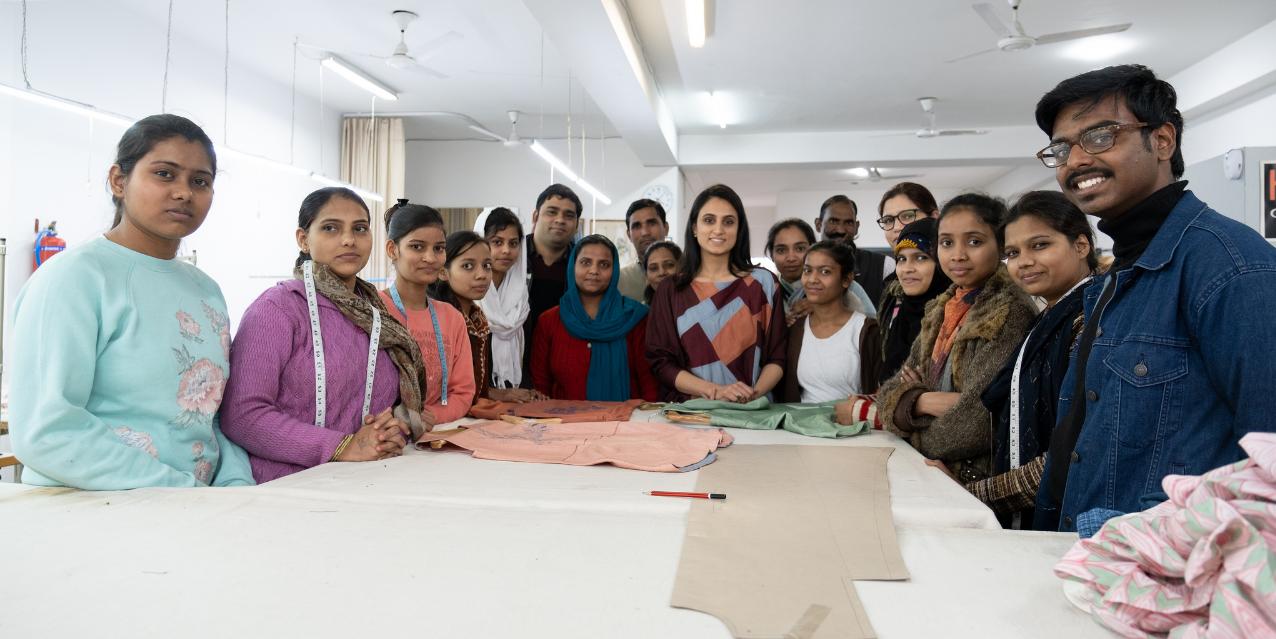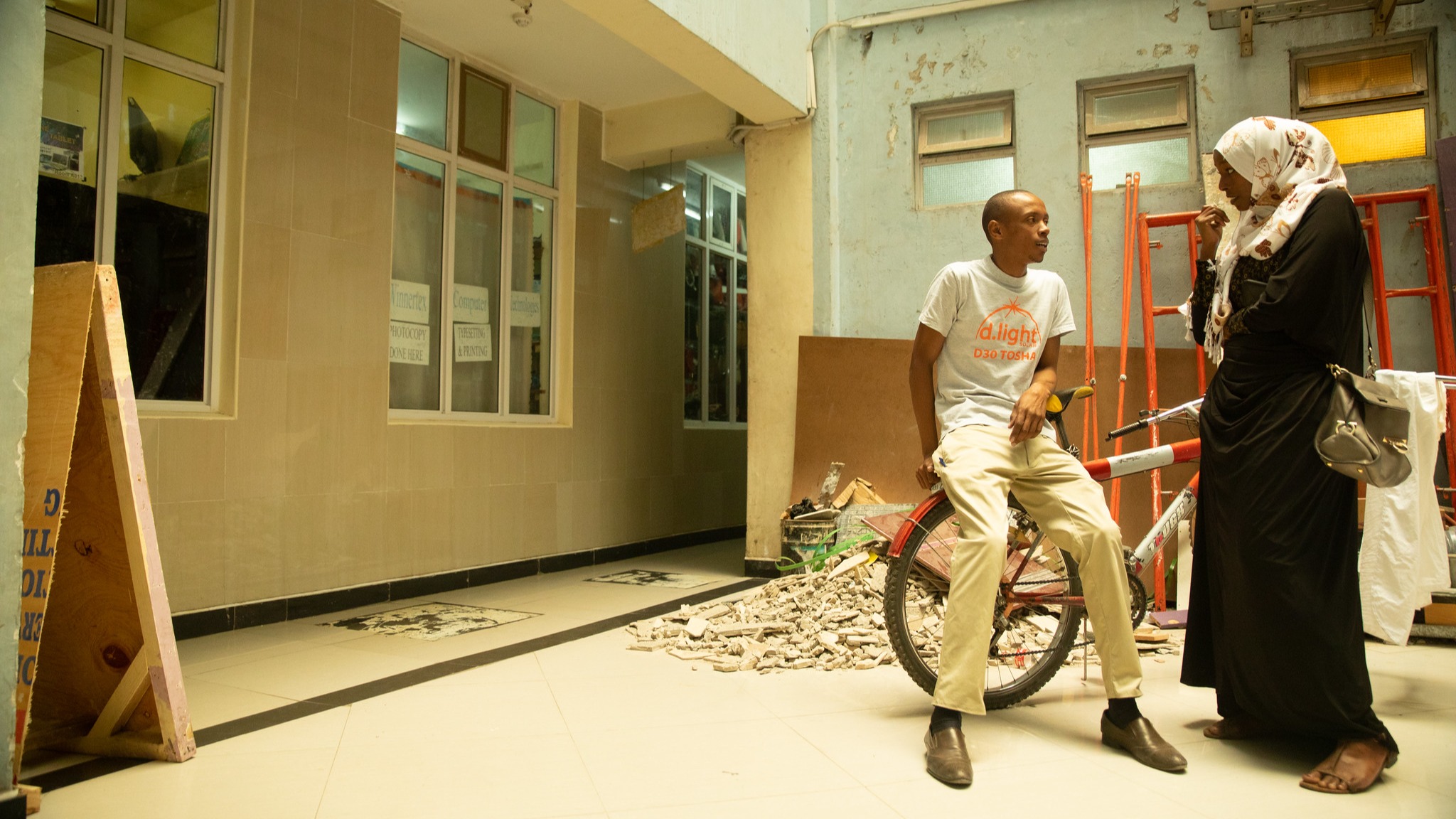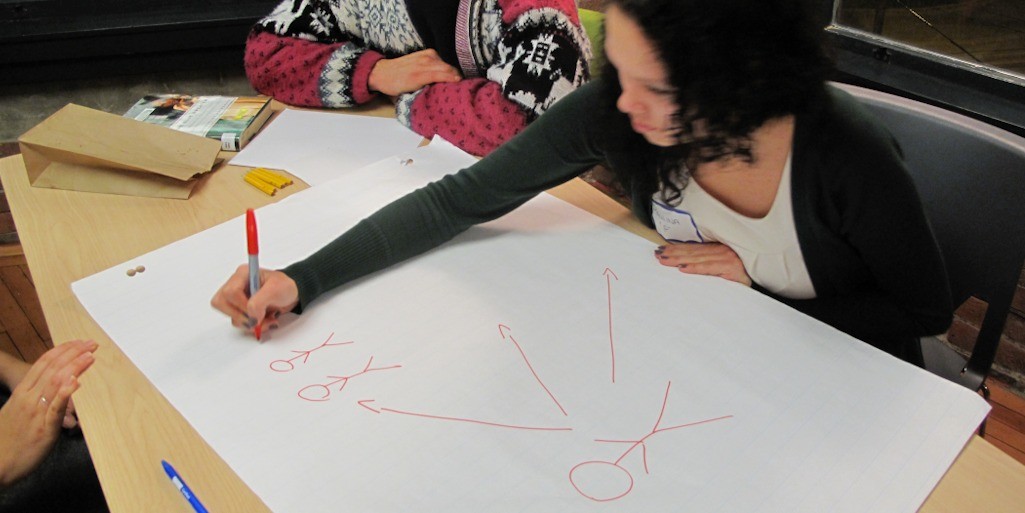Redefine Success
How a criminal lawyer found meaningful work in bean-to-bar chocolate
Author Shawn Askinosie shares how he's leveraged a chocolate supply chain to create social impact, offering advice for finding work that helps you come alive
July 17, 2018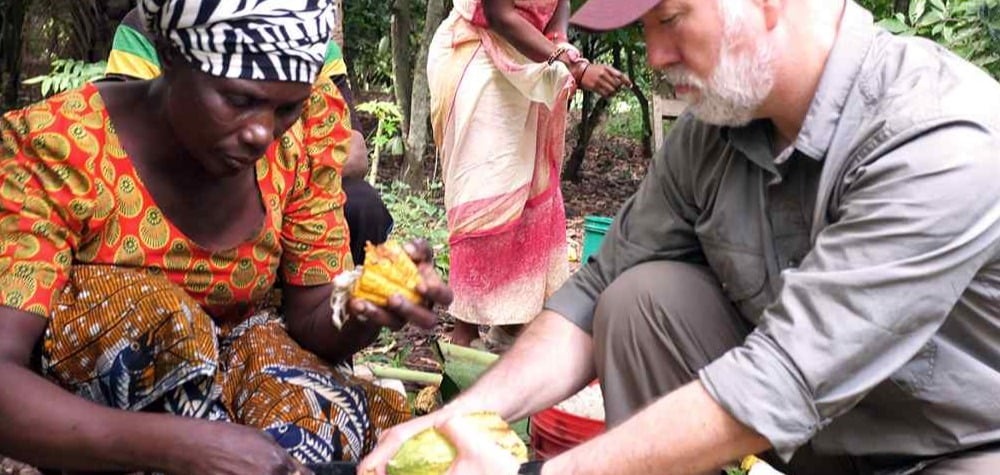
There are few people who, upon first meeting, you can speak with about topics like sorrow and meaning and feel like you’re catching up with a friend.
Shawn Askinosie is one of those people.
After an hour spent discussing chocolate, loss, and broken stowage (more on that later), it’s easy to forget that Shawn spent the first twenty years of his career representing felony cases as a criminal defense lawyer.
Although it wasn’t obvious at the time, Shawn realized the beginning of his search for meaningful work came after a particularly tough case. Left emotionally drained, physically exhausted, and in shock after receiving an unexpectedly positive verdict from a tough judge, Shawn found himself breaking down crying in front of his client. In that moment, the roles were reversed and, instead of the other way around, he found himself being comforted by a mother who was on trial for the death of her daughter.
Shawn knew then that continuing his career was not sustainable for his body, mind or spirit. He spent the next five years searching for another passion that would bring a different kind of meaning and purpose in his life.
The search ended when he founded the bean-to-bar chocolate company, Askinosie Chocolate, which has been recognized by Forbes as “One of the 25 Best Small Companies in America." The company has left an impact on chocolate lovers and cocoa farmers alike. Impressed by Askinosie’s efforts teaching students about ethical business, O Magazine named Shawn, “One of the 15 Guys Who Are Saving the World."
In these highlights from our conversation, Shawn reflects on his journey of going from high-stakes lawyer to chocolate boss. Drawing on his own experience, he shares advice on how to search for your calling and start making it a reality.
Activating With Sorrow
Shawn describes his five year transition from lawyer to chocolate maker as a turbulent and long process. “Before I could find my vocation and the thing that I felt called to do next after law, I felt very desperate. In some cases the desperation was, especially for a type A driven person, not being able to find my next passion. In some ways the more desperate I became, the further away from my reach it was, which only caused more problems.”
With so much frustration clouding his vision, it was difficult for Shawn to see what direction he should take in order to find more meaning in his life and work. Surprisingly, he discovered that the place to look for clarity was within the sorrow he had experienced in life.
Shawn explains: “Poet philosopher Kahlil Gibran… said that ‘our greatest joy is our sorrow unmasked.' I cite that as one of the things that readers could possibly reflect on in their own lives to say well, what does that mean for me?”
To Shawn, this means that you can learn a lot through internal reflection and an examination of how your heart might be broken. You should look at why the situation came about and what it feels like to go through that pain. With that, Shawn’s question for anyone looking to take the first step of uncovering a meaningful career is: where does it hurt?
“For me it was that my dad died of lung cancer when I was fourteen. It was just terrible and the cancer was everywhere. He was a lawyer, and he my hero, and I didn't think he would die. I was with him when he died. And so for 25 years I went about my life of accomplishment and thinking that I could stuff that sorrow away someplace into a corner of my heart that I didn't access.”
“In order to find my next passion in life, and to essentially find this chocolate business, I had to have a conversation with the grief in my life, asking myself, ‘what would it take to unmask that sorrow?,’ to use Gibran's words. I needed to roll up my sleeves and find people who needed me and serve them without any expectation of anything in return. For me, it was serving people at the end of their lives in palliative care or hospice as a volunteer. I didn't know at the time that, ‘oh, I think I'll take these steps to find myself.’”
Shawn found Gandhi’s words to be true, “If you want to find yourself, lose yourself in the service of others.” This idea is “not new by any stretch of the imagination,” says Shawn, “but it's maybe out of the ordinary in business because it's just not common to think about the sorrow in our life and how that may lead us to our passion and our calling. But it's exactly what happened to me.”
Shawn suggests we look back for these sorrowful moments in our lives because, “often these pivotal moments happen to us and at the time we really don't fully understand their meaning, nor should we, because we're experiencing that moment. We don't need to hyper analyze it at the time. We need to experience it, be in it, and be fully present in that moment. Later, we can go back and say ‘Wow, What did that mean? What does it mean for me? What does it mean for us?’"
Getting inspired
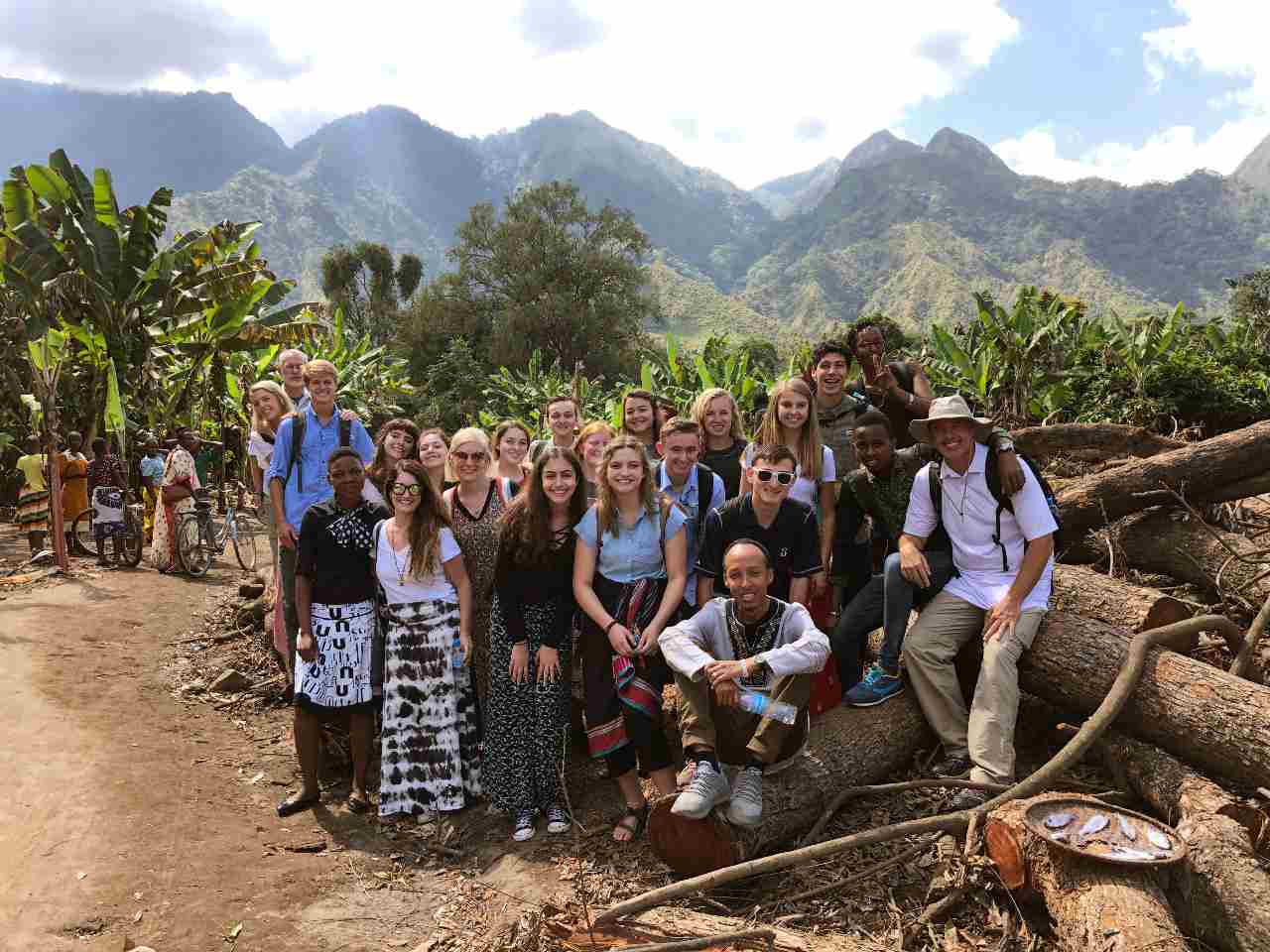
Shawn’s advice for getting started in the exploration of meaningful work is to “think about the intersection of our talent or skill set, what the world needs, and what our passions are."
It might feel counterintuitive but, when you’re feeling hopeless, it is useful to ask who you can serve.
In Shawn’s experience, this is a way to bring some lightness into your life and foster “more hope on the horizon in the midst of this service and compassion that you're expressing for another human being. If you're really stuck, and you're beginning to lose hope, I would encourage you to think about someone who needs you right now. It could be a family member, an in-law, your grandparents, or a sibling.”
Shawn suggests making a commitment to them in some way. It doesn’t need to be a spoken promise but when you decide to serve someone, it provides you the opportunity to get out of your head and put the focus on helping someone else.
He points out that being of service “isn't writing a check. It's not joining their board of directors. It's not going to their fundraising event. It's you rolling up your sleeves; it may be holding their hand, looking at them, seeing them, listening to them.”
In his own transition, working in palliative care and before finding chocolate, Shawn found that although this volunteer work made him joyful, “it was a bridge to the next thing for me. And what I mean by that is when we find ourselves so fully present in the act of whatever it may be for another person, in some cases we can lose a sense of space and time and it is in that place where space is created for us hard-charging type-A people to contemplate our future.”
Giving time and talents to others provides the space and focus to turn outwards, as Shawn did over his years volunteering at the hospice. He explains:
“This Paradox of Choice is ever present in our life. And so we need to have practices that slow us down forcibly so that we can have this mind and heart space opening up. It will allow us to have creative thoughts and inspirational thoughts and the birth of ideas that we can bring to fruition and action.”
While still working as a lawyer and volunteering at the hospital, Shawn was inspired to start the Askinosie Chocolate company. It occurred to him that he didn’t have any real hobbies other than working but one activity he did enjoy was cooking, so he made an effort to do more of it.
The cooking led to baking, and the baking led to chocolate desserts. Then one day, he was inspired to learn how to make chocolate from scratch and, “within three months of that idea, I was in the Amazon studying how farmers influence the flavor of chocolate by what they do post-harvest on these cocoa beans. That was the beginning point where it all started to happen for me and my passion to do this.”
Opportunities for impact in 'broken stowage'
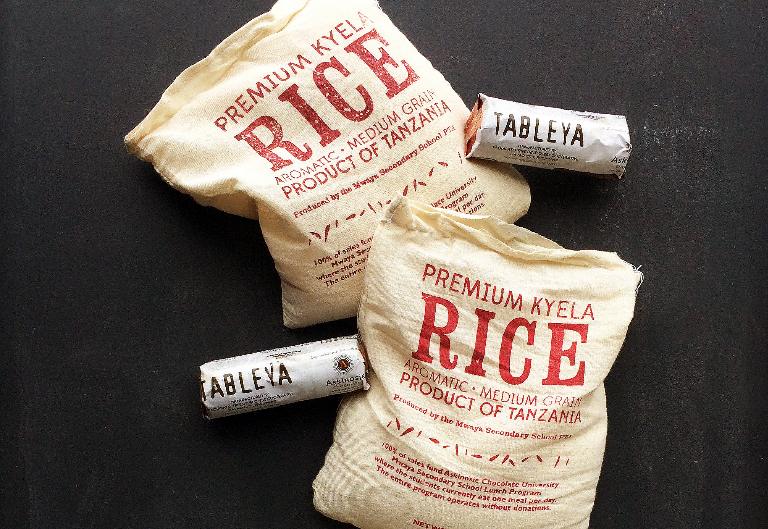
How has Shawn found meaning through chocolate? He’s learned to develop innovative models that leverage his company’s infrastructure to benefit for local communities. For example, one innovation is the sustainable lunch programs he has set up in Tanzania and the Philippines. The programs allow schools to provide more lunches for their students by leveraging the supply chain of Askinosie Chocolate.
They transport local goods — namely rice in Tanzania and a traditional drink from the Philippines — alongside Askinosie cocoa beans to North America. There, the products are sold into the larger market where they can command higher prices. The profits are then reinvested in the lunch program.
The idea began with a conversation about computers. “When we were in the Philippines and working with the school, we were buying computers and I remember talking to the principal one day. She was telling me about these severely malnourished children and here we are buying computers and I said, ‘Do you think maybe we should partner together on some kind of lunch program for the kids before we buy them computers?'" It was clear that starting with nutrition would have a greater impact.
Working with the parent teachers association, Askinosie discovered the traditional Filipino drink, called tableya, which is made of ground cocoa beans compressed into a disk. The local ingredients are sourced by the PTA who provides the tableya to Askinosie. The product is then shipped inside Askinosie’s containers and sold in North America where one unit sold equates to 150-200 meals for schools back in the Philippines. With enthusiasm and help from the first school running for five years, Askinosie has expanded the program into a second school in the Philippines.
The synergy between Askinosie Chocolate and the lunch programs is simple and yet profound. By listening to the community, and thoughtfully considering readily available opportunities, like extra space in shipping containers, this small 16-person company found way to sustainably feed a thousand school kids a day at no additional cost. Since the program started, this strategy has provided schools with a million meals for kids in the Philippines and Tanzania.
The unused spaces in shipping containers is called ‘broken stowage,’ a term that goes back to the days of Columbus. Askinosie found a way to make this wasted space in their shipping containers incredibly valuable. In his case, the value of ‘broken stowage’ space is very literal, but the analogy works for all purpose-driven companies who take the time to consider innovative possibilities to connect the dots and create more impact.
Shawn’s journey to find meaningful work is a roadmap we can use in our own pursuit to live a meaningful life of positive contribution.
The path starts at the personal level: by healing the challenging experiences that have shaped us. We can then seek out opportunities to serve others without expectation, and listen to their needs with while keeping our eyes open for creative opportunities to contribute.
Meaningful Work was written by Shawn with his daughter, and the company’s Chief Marketing Officer, Lawren Askinosie.
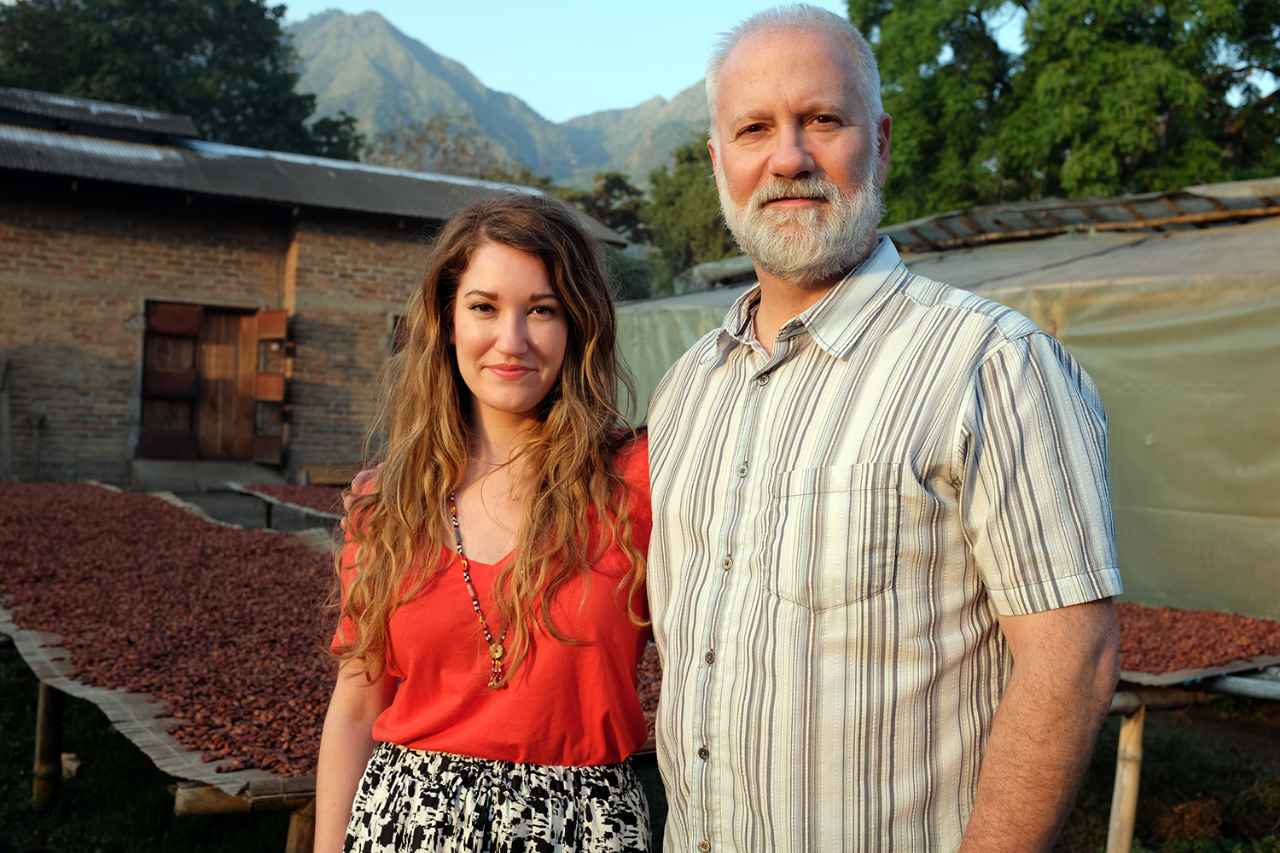
Learn more about Askinosie Chocolate:

Watch Now
Close
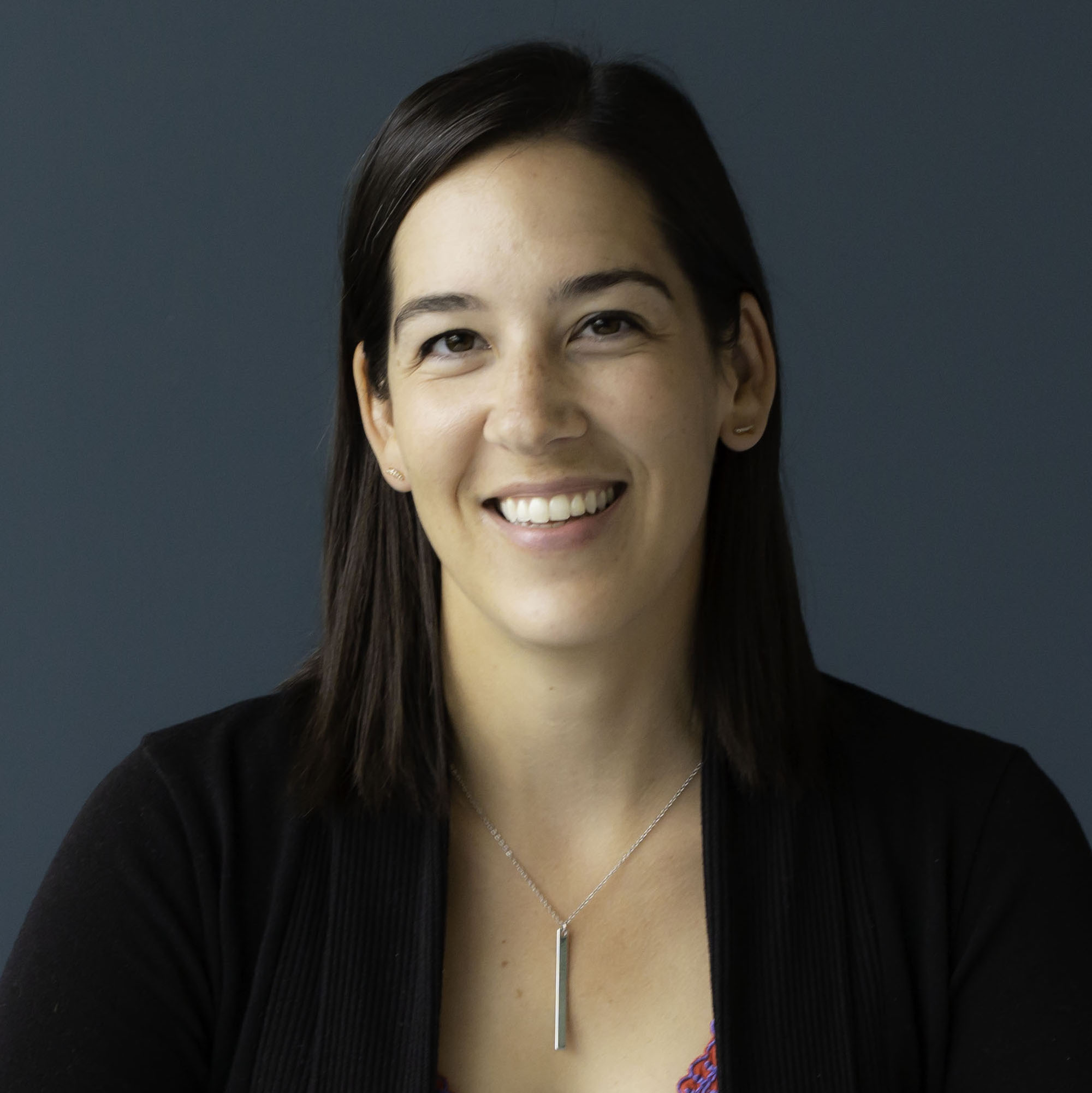
Author
Danielle Sutton
Danielle Sutton is the Content Animator at Acumen where she surfaces stories to inspire and activate social entrepreneurs. In an age of information overload, she believes in learning 'the right thing at the right time' to intentionally design impactful social enterprises. You can usually find Danielle digging into the Acumen course library, playing in the mountains, or exploring marketing on The Sedge blog.
